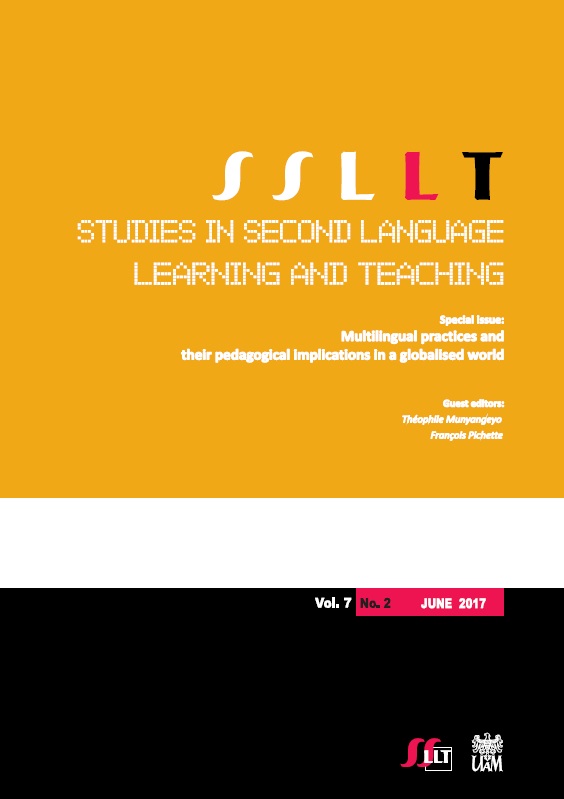Tracing intercultural and interlinguistic moves within
and beyond student mobility programmes: The case of the IEREST project
Tracing intercultural and interlinguistic moves within
and beyond student mobility programmes: The case of the IEREST project
Author(s): Neva ČebronSubject(s): Foreign languages learning
Published by: Wojskowe Biuro Historyczne im. gen. broni Kazimierza Sosnkowskiego
Keywords: intercultural teaching modules; linguaculture; racism; ethnocentrism
Summary/Abstract: The paper presents the core aims and objectives of the teaching materials developed within the IEREST (Intercultural Education Resources for Erasmus Students and their Teachers) project, and shows how the innovative approach adopted for these activities can be implemented in the classroom.The IEREST teaching modules are innovative in that the approach adopted draws strongly on the notions of critical cosmopolitanism (Holliday 2012) andintercultural communicative competence (Byram 1997 and 2012). The activities in the modules promote a view of culture as a negotiated „process”among individuals, small or large groups and intercultural communication asa co-construction of meaning conveyed across linguistic and cultural boundaries,thus rejecting explicitly any “essentialist” attitudes and simplistic overgeneralisation of “otherness.” The approach to language use in intercultural encounters observes how the above concepts are expressed in a number of contexts, while also building on the view that intercultural communication among bilinguals often takes advantage of a lingua franca, a foreign language that all the participants in the communicative activity have in common becausethey had learned it. Taking into account the concept of “linguaculture”(Risager 2012) the modules seek to raise awareness of the negotiating processin rendering meaning through a linguistic and cultural blend of both the target language and the speake’s first language. The paradigm shift proposed by the IEREST Modules indicates a need to rethink current practices in intercultural education and to acknowledge societalchanges in multilingual Europe and beyond.
Journal: Studies in Second Language Learning and Teaching
- Issue Year: VII/2017
- Issue No: 2
- Page Range: 211-232
- Page Count: 22
- Language: English

